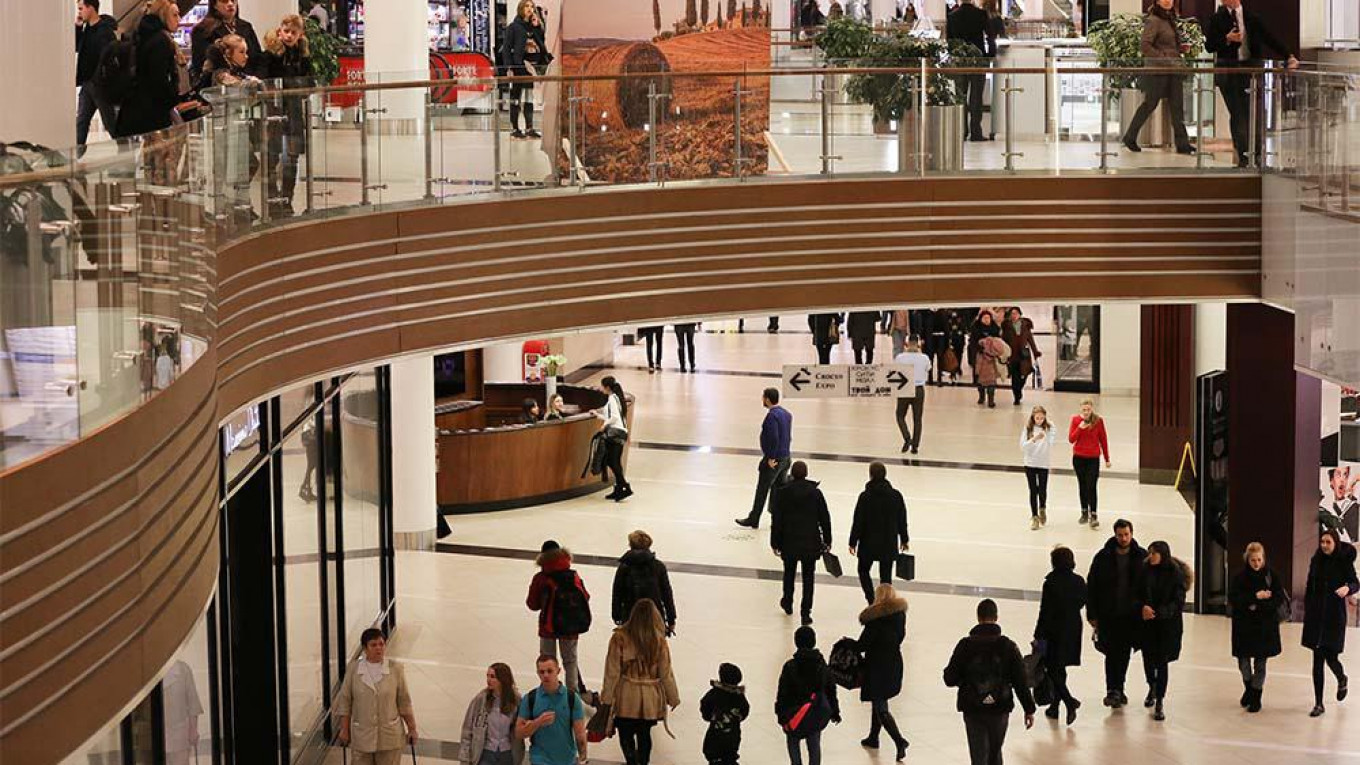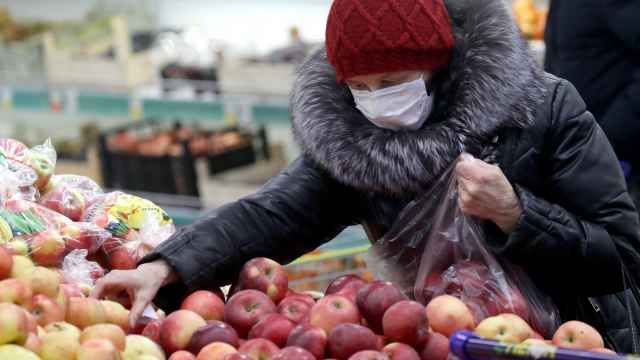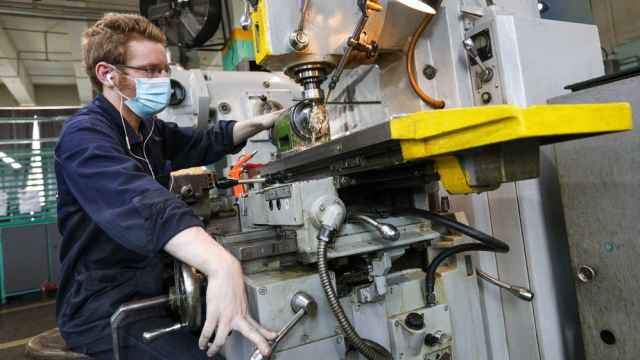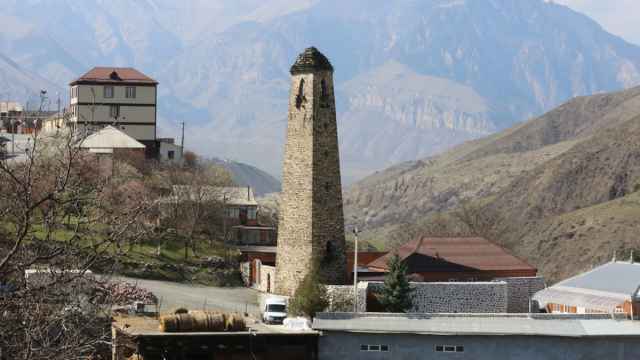(Bloomberg) — After suffering its longest economic contraction this century, Russia may just have had the shortest recovery.
JPMorgan Chase & Co. says the world’s biggest energy exporter probably capped last year with two consecutive quarters of contraction — or a technical recession — a surprise cooldown that ranged from struggling consumer spending to a flop in industrial output.
Gross domestic product is still growing relative to a year earlier, with the central bank putting expansion at 1.7 percent to 2.2 percent in 2017 and predicting it will continue at a similar pace in 2018. No official GDP data is yet available past the third quarter.
“Growth was driven by a number of one-off factors and now these are unwinding,” said Liza Ermolenko, an economist at Barclays Capital in London. “It does look like the output gap is pretty much closed, so there is not a lot of scope for the recovery to continue.”
The slip-up, which came against the backdrop of a recovery in oil prices, leaves the economy in a precarious position going into the new year. Although government-led efforts propped up investment in 2017 — with Raiffeisenbank estimating that four state-led projects accounted for more than half of the total in capital spending — some of them will come to an end already this year.
While JPMorgan says the “weakness will be transitory,” a letdown so soon after Russia moved past the slump in mid-2015 highlights the dilemma President Vladimir Putin now faces in making the economy a selling point in a campaign for another six-year term in March elections.
Despite Russia’s resilience to the twin challenges of cheaper oil and Western sanctions, state development lender Vnesheconombank estimates a drop in GDP accelerated on a monthly seasonally adjusted basis in Sept., Oct. and Nov.
“The Russian economy lost momentum in the second half after a very strong first half,” said JPMorgan analyst Anatoliy Shal. “The extreme weakness of the past couple of months comes as a surprise.”
Putin has stayed upbeat, telling factory workers on Wednesday that the economy is still “on the upswing.” As evidence, he pointed to a budget deficit running narrower than expected and growth in gold and foreign-currency reserves.
The broader drop-off in output went unmentioned, however. GDP contracted at a seasonally adjusted annual rate of about 1.5 percent in the last three months of 2017 from the previous quarter, after a decline of 0.2 percent in July-Sept., according to JPMorgan. The economy hasn’t suffered a technical recession since the first half of 2015, Vnesheconombank estimates.
The Economy Ministry has partly blamed the downbeat performance by industry on unseasonably warm weather late in the year and on oil-output curbs negotiated with the Organization of Petroleum Exporting Countries. Industrial production shrank in November for only the second time in 2017 after zero growth in October.
Russia officially calculates GDP performance only on an annual basis. By that measure, growth peaked in the second quarter of last year at 2.5 percent, before easing in the following three months, Federal Statistics Service data show.
While GDP probably added 1.9 percent in Oct.-Dec. before rising further this quarter, it’s set to decelerate slightly until the final three months of 2018, according to analysts surveyed by Bloomberg.
“The rebound from the lowest point of the crisis didn’t last long,” said Natalia Akindinova, director of the Development Center at the Higher School of Economics in Moscow. After mid-2017, “the trend of macroeconomic indicators reversed.”
A Message from The Moscow Times:
Dear readers,
We are facing unprecedented challenges. Russia's Prosecutor General's Office has designated The Moscow Times as an "undesirable" organization, criminalizing our work and putting our staff at risk of prosecution. This follows our earlier unjust labeling as a "foreign agent."
These actions are direct attempts to silence independent journalism in Russia. The authorities claim our work "discredits the decisions of the Russian leadership." We see things differently: we strive to provide accurate, unbiased reporting on Russia.
We, the journalists of The Moscow Times, refuse to be silenced. But to continue our work, we need your help.
Your support, no matter how small, makes a world of difference. If you can, please support us monthly starting from just $2. It's quick to set up, and every contribution makes a significant impact.
By supporting The Moscow Times, you're defending open, independent journalism in the face of repression. Thank you for standing with us.
Remind me later.






